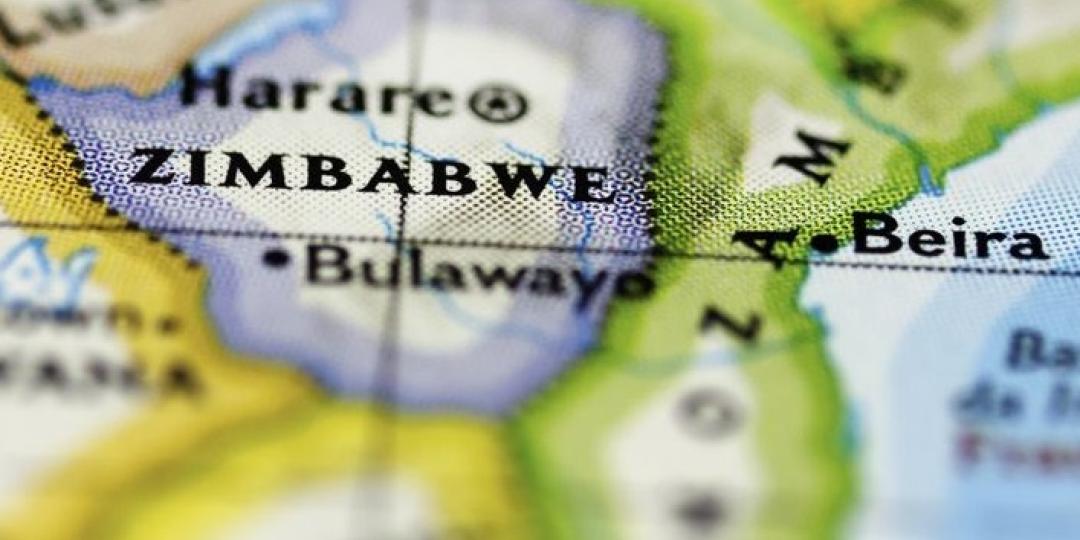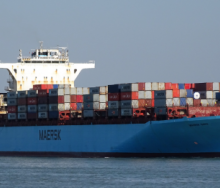Zimbabwe recorded a US$1.56 billion trade deficit in the first 10 months of the year, according to the latest data released by the Zimbabwe National Statistics Agency.
The country's export revenue from January to end of October amounted to US$2.9 billion while imports for the period totalled US$4.47 billion - a 25% lower trade deficit than the US$2bn recorded for the same period last year.
The statistics agency attributed this to government intervention which included protectionist policies such as Statutory Instrument 64 of 2016. This saw the banning of over 40 imported products and was credited for an increase in industrial capacity utilisation.
FTW Online however understands from sources based at the Beitbridge border post that smuggling of goods has intensified since the implementation of the controversial regulation, which may have contributed to a lower official import figure.
Meanwhile the interim Zimbabwean president, Emmerson Mnangagwa, has promised to revive economic growth, telling top civil servants on Tuesday that his new Cabinet would be “leaner and meaner” and focused on a quick turnaround.
"Our people have endured economic hardships for over two decades, and now expect this new government to turn things around within the shortest time possible. Let us take advantage of the positive optimism among our people, ushered in by this current dispensation, and do our best," said Mnangagwa.
Economists have projected that Zimbabwe could see relatively fast economic recovery, should it enjoy good governance and sound economic policies. “Zimbabweans are educated and understand new ideas. Furthermore, they have good industrialisation infrastructure and skills,” said economic analyst, Edward Ingram.













